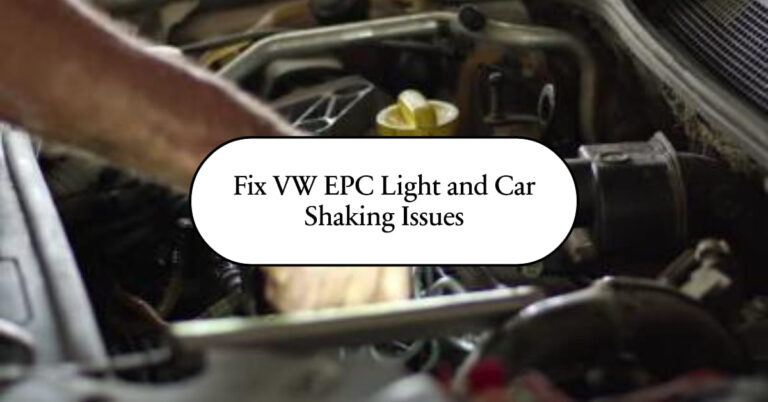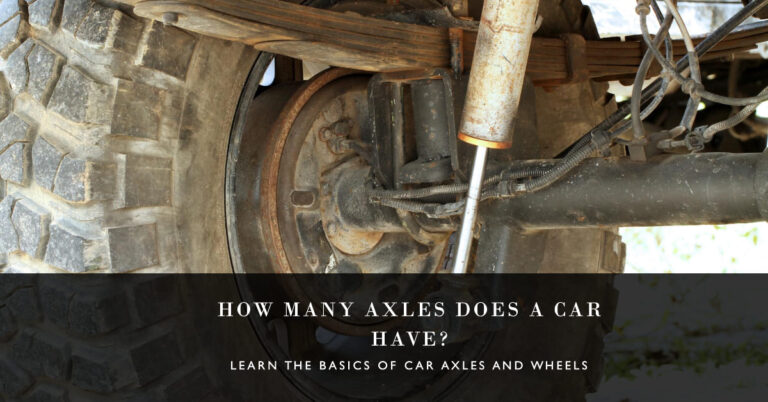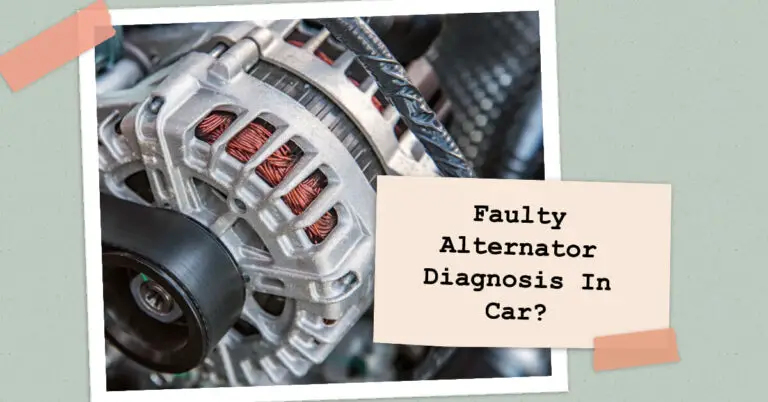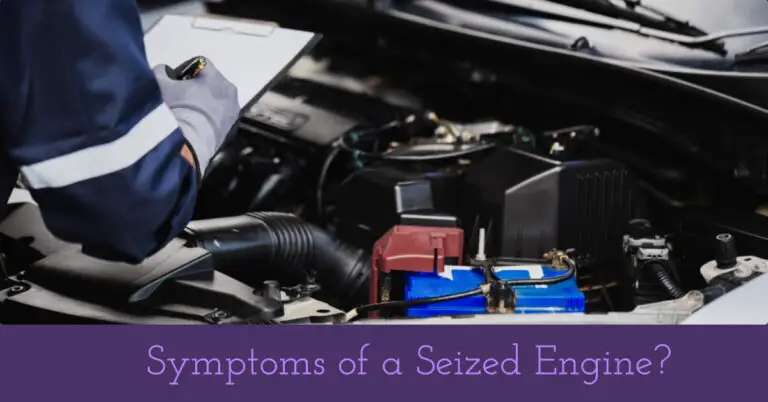Engine Sounds Loud When Accelerating? Here’s Why and How To Fix
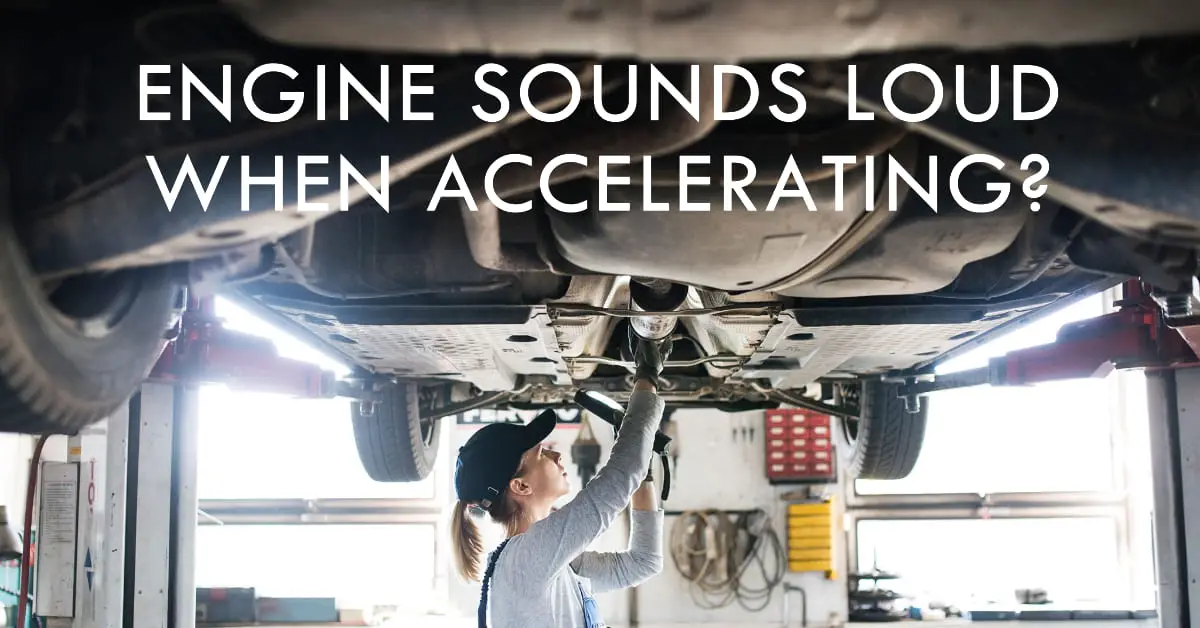
When driving, it can be alarming to hear loud engine noises when accelerating. This can be a sign of underlying issues that need to be addressed. Fortunately, there are several common reasons why engines can sound loud when accelerating, and many of them can be fixed with relative ease.
One possible cause of loud engine noises during acceleration is a blown exhaust. This occurs when gases leak out of the exhaust before they reach the tailpipe, resulting in a louder engine sound. Another common cause is worn valves, which can make a clicking noise that becomes more noticeable as the vehicle speeds up. Bearings that let the cam and crankshaft spin can also be noisy when they begin to fail, sounding like a ticking or knocking noise.
If you’re experiencing loud engine noises during acceleration, it’s important to identify the cause and address it promptly. Ignoring the issue can lead to more extensive damage and costly repairs down the line. By understanding the common causes of loud engine noises and taking the appropriate steps to fix them, you can ensure your vehicle runs smoothly and quietly.
Table of Contents
Common Reasons for Engine Sounds When Accelerating
Worn Out Exhaust System
One of the most common reasons for a loud engine when accelerating is a worn-out exhaust system. The exhaust system is responsible for carrying away the gases produced by the engine, and over time, it can develop leaks, cracks, or holes. This can cause the engine to produce a loud, rumbling noise when accelerating.
If you suspect that your exhaust system is worn out, you can check for visible signs of damage, such as rust or holes. You can also take your car to a mechanic for a more thorough inspection. In many cases, a worn-out exhaust system can be repaired or replaced relatively easily.
Malfunctioning Catalytic Converter
Another common cause of a loud engine when accelerating is a malfunctioning catalytic converter. The catalytic converter is responsible for converting harmful pollutants into less harmful emissions. If it is not functioning properly, it can cause the engine to produce a loud, rattling noise when accelerating.
If you suspect that your catalytic converter is malfunctioning, you can take your car to a mechanic for a diagnostic test. In some cases, a malfunctioning catalytic converter can be repaired, but in many cases, it will need to be replaced.
Loose or Broken Engine Mounts
Finally, loose or broken engine mounts can also cause a loud engine when accelerating. Engine mounts are responsible for holding the engine in place and absorbing the vibrations produced by the engine. If they become loose or broken, they can cause the engine to vibrate excessively, which can produce a loud, rattling noise when accelerating.
If you suspect that your engine mounts are loose or broken, you can take your car to a mechanic for a visual inspection. In many cases, loose or broken engine mounts can be repaired or replaced relatively easily.
How to Diagnose Engine Sounds While Accelerating?
When a car engine sounds loud while accelerating, it can be an indication of a problem. However, not all loud engine sounds are caused by the same issue. Here are a few steps to help diagnose the cause of the engine noise:
Listen to the Sound of the Engine
The first step in diagnosing engine sounds while accelerating is to listen to the sound of the engine. Pay attention to the type of sound and when it occurs. Is the sound a knocking, ticking, or whining noise? Does it happen only when accelerating or does it continue even when the car is idle? These details can help identify the underlying issue.
Check the Exhaust System
A faulty exhaust system can cause loud engine sounds while accelerating. Check for any leaks or cracks in the exhaust pipes. A blowing exhaust can cause the engine to sound louder under acceleration. It is also possible to find where the exhaust is blowing, provided you do so carefully.
Inspect the Engine Mounts
Engine mounts are designed to keep the engine securely in place and reduce vibrations. If the engine mounts are worn or damaged, they can cause the engine to vibrate excessively, resulting in a loud noise while accelerating. Inspect the engine mounts for any signs of wear or damage and replace them if necessary.
How to Fix Engine Sounds When Accelerating?
If your engine is making loud noises when accelerating, it could be due to a failing exhaust system, worn engine mounts, or a faulty catalytic converter. Here are some steps you can take to fix the issue:
Replace the Exhaust System Parts
If your engine sounds loud when accelerating, it could be due to a blowing exhaust. Gases can leak out of the exhaust system before the tailpipe, causing the engine to sound louder. You can find where your exhaust is blowing by carefully examining the exhaust system. If there is a hole or crack, you will need to replace the damaged parts. You can replace the damaged parts yourself or take your car to a mechanic for repair.
Replace the Catalytic Converter
A faulty catalytic converter can also cause your engine to sound louder when accelerating. The catalytic converter is responsible for converting harmful gases into less harmful ones. If it is not functioning properly, it can cause your engine to make loud noises. You can replace the catalytic converter yourself or take your car to a mechanic for repair.
Tighten or Replace Engine Mounts
Worn engine mounts can also cause your engine to make loud noises when accelerating. The engine mounts are responsible for holding the engine in place. If they are worn or loose, the engine can move around and cause loud noises. You can tighten the engine mounts yourself or take your car to a mechanic for repair.
Preventive Measures to Avoid Engine Sounds When Accelerating
Regular Maintenance and Servicing
Regular maintenance and servicing of your vehicle can help prevent engine sounds when accelerating. It is important to follow the manufacturer’s recommended maintenance schedule, which typically includes oil changes, air filter replacements, and spark plug replacements. These routine maintenance tasks can help keep your engine running smoothly and prevent any potential issues that could lead to loud engine sounds.
Avoid Overloading the Vehicle
Overloading your vehicle can put additional strain on the engine, which can lead to loud engine sounds when accelerating. It is important to check the weight limit of your vehicle and avoid carrying excessive weight. Additionally, it is important to distribute the weight evenly throughout the vehicle to prevent putting too much strain on one area of the engine.
Drive Smoothly and Avoid Abrupt Acceleration
Driving smoothly and avoiding abrupt acceleration can also help prevent engine sounds when accelerating. Abrupt acceleration can put unnecessary strain on the engine and cause it to work harder, which can lead to loud engine sounds. It is important to accelerate gradually and maintain a steady speed while driving.
Conclusion
In conclusion, there are several reasons why an engine may sound loud when accelerating. It could be due to a failing exhaust system, worn serpentine belt, bearing failure, faulty transmission, and worn piston/knocking engine. Malfunctioning knock sensors and damaged heat shields are also common causes of a loud-sounding engine during acceleration.
It’s important to note that ignoring these issues can lead to more severe problems down the line, such as engine failure. By following regular maintenance schedules and addressing any unusual sounds or issues promptly, car owners can avoid costly repairs and ensure their vehicle’s longevity.
If you’re unsure about the cause of your engine’s loud sounds, it’s best to seek the advice of a qualified mechanic. They can diagnose the issue and recommend the appropriate fix. With proper care and attention, car owners can enjoy a smooth and quiet ride, free of any unusual engine noises.
FAQs
Why does my engine sound louder when I accelerate?
When you accelerate, the engine works harder to generate more power, which can cause it to make more noise. However, if the engine sounds unusually loud, it could be due to a problem with the exhaust system, a worn serpentine belt, a bearing failure, a faulty transmission, or a worn piston/knocking engine.
How can I tell if my exhaust system is causing the problem?
If your exhaust system is leaking, you may hear a hissing or popping sound coming from the engine. You may also notice a decrease in engine performance, reduced fuel efficiency, or a strong smell of exhaust fumes.
Can a worn serpentine belt cause engine noise?
Yes, a worn serpentine belt can cause a loud squeaking or squealing noise when you accelerate. This is because the belt is slipping or rubbing against the pulleys, which can cause it to wear out faster.
What is a knocking engine?
A knocking engine is one that makes a loud knocking or banging sound when you accelerate. This is usually caused by worn or damaged engine bearings, which can cause the crankshaft and connecting rods to knock against each other.
How can I fix a loud engine when accelerating?
The best way to fix a loud engine is to identify the underlying problem and address it directly. This may involve repairing or replacing the exhaust system, serpentine belt, bearings, transmission, or engine components. It’s important to have a qualified mechanic diagnose the issue and recommend the appropriate course of action.

